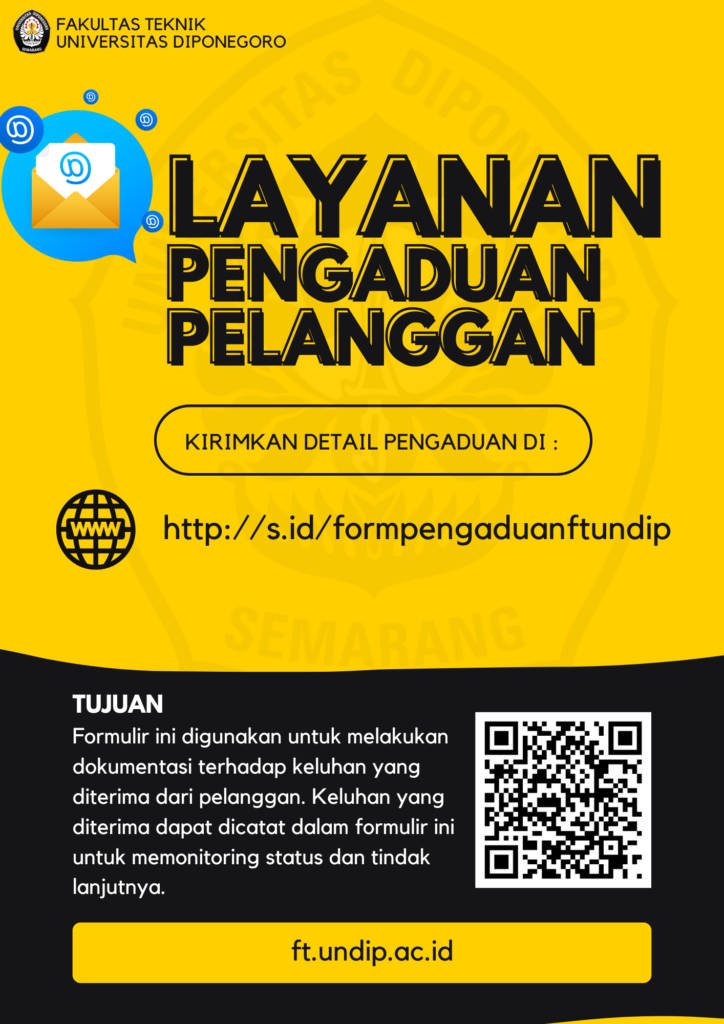(2/5) The Department of Regional and Urban Planning (DPWK) Undip collaborates with the Asia Pacific Network for Global Change Research (APN-GCR) held a program titled “Developing the Capacity of Student Scientists for Supporting Disadvantaged Communities to Cope with Flooding” (DECAF). The symbolic opening ceremony as well as the first lecture phase was held in the Theatre Room, DPWK Undip.
DECAF is a collaborative project funded by APN-GCR and led by the Victoria University of Wellington (New Zealand) collaborates with several leading universities in the Asia Pacific, including Universitas Diponegoro (Indonesia), Spring University (Myanmar), Clemson University (USA), University of Nottingham Ningbo (UK/China), and the Education University of Hong Kong (Hong Kong). This program aims to provide preparation for student scientists to be able to deal with flooding problems that often occur in Indonesia. In this project, students from various departments and universities will receive a series of modules that are packed into several online classes and fieldwork activities to learn about flood risk management.
256 participants from various majors will receive two phases of activities. The first phase consists of a series of 6 hybrid and online classes taught by experts from Universitas Diponegoro, Victoria University of Wellington, and several partner universities. For the second phase, the class will be delivered in the form of fieldwork activities and using 4 training modules that will be applied in Pekalongan City, Central Java. In this program, several local parties were invited as partners, such as the Department of Public Works, Water Resources, and Spatial Planning (Dinas Pusdataru) Central Java, Regional Planning & Development Agency (BAPPEDA) Pekalongan City, Regional Agency for Disaster Management (BPBD) Pekalongan City, and NGOs MercyCorp Indonesia and Kemitraan.
Rukuh Setiadi, S.T, MEM, Ph.D, a lecturer at DPWK Undip and one of the program administrators said, the existence of the DECAF program was very beneficial for the students, especially students from Undip. According to him, this collaboration program with universities from abroad not only encourages scientific updates, but also provides an opportunity for the students who participate in this program to do multidisciplinary collaboration with other students from various majors. “This program is very beneficial for the students in Indonesia, especially in Undip. And more importantly, this program encourages multidisciplinary collaboration from students from various scientific fields,” he said.
The Dean of the Faculty of Engineering, Prof. Ir. M. Agung Wibowo, M.M, M.Sc, Ph.D, welcomed this program. He hoped that this program is not only benefit the students, but also the government and society, especially in Pekalongan City. “Hopefully this program can be beneficial not only for the students, but also for the government and its society in Pekalongan City,” he said.



